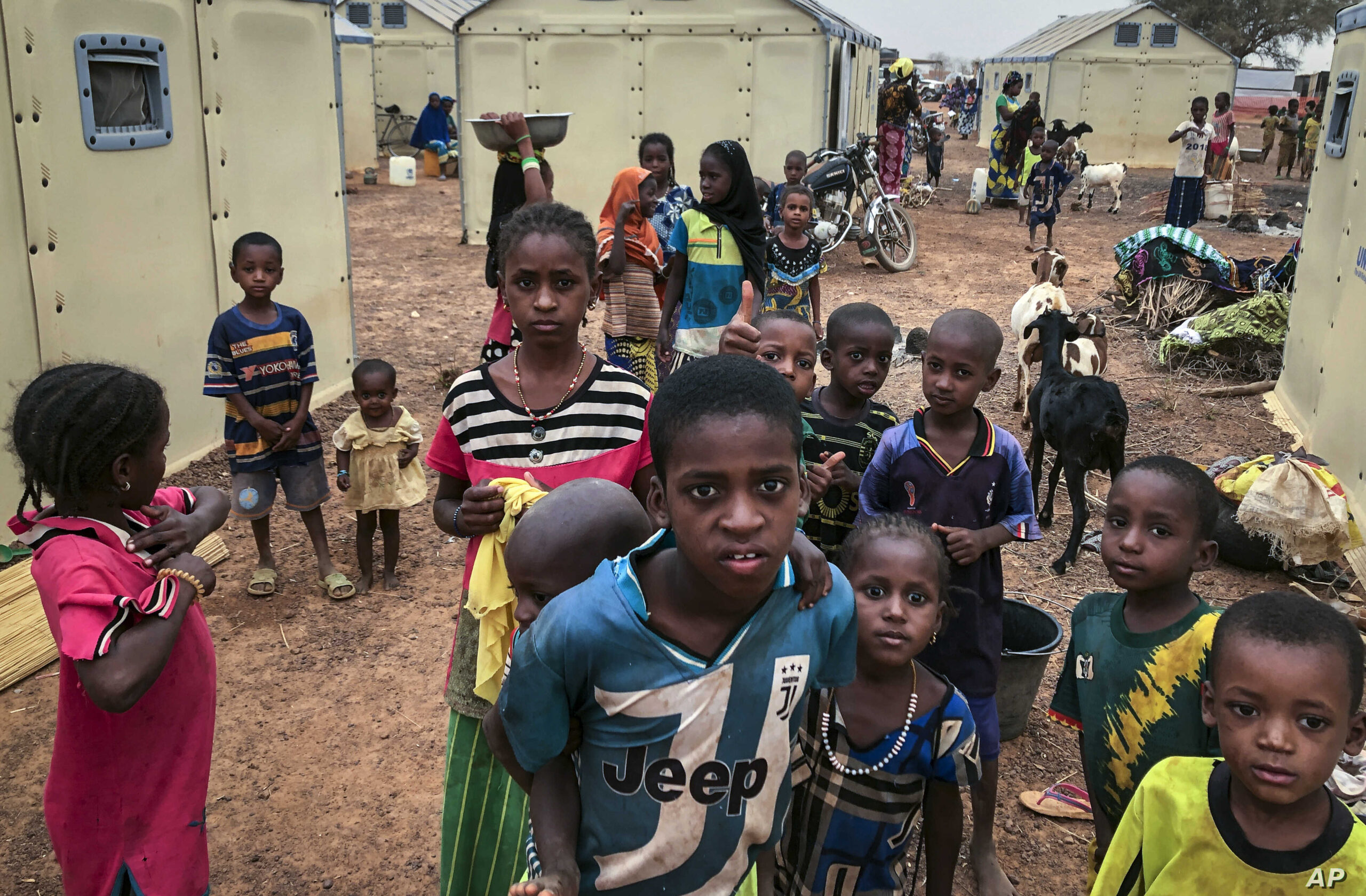African underdevelopment is a common subject of debate. More than half a century into independent governance, why people living in some of the richest lands on earth do not have a higher quality of life? Africa has the largest share of extreme poverty rates globally, with 23 of the world’s poorest 28 countries at extreme poverty rates above 30%. About 30 million more Africans fell into extreme poverty (living on less than USD1.90 a day) when COVID-19 broke out in 2020. Before the pandemic struck, over 445 million people – equivalent to 34% of Africa’s population – lived below the poverty line. Even then, this figure was almost nine times the average for the rest of the world.
Africa is trapped in 3 paradoxes. It is rich in resources, but it is drowning in debt. It has many sources of energy, but it is a dark continent. Africa has an abundance of agricultural resources and yet has faced food insecurity in the past 50 years. And with the scramble for Africa’s resources further intensifying over the last several decades, Western countries are increasing their military intervention in several parts of the continent, especially in the Sahel region.
The compounded effects of the COVID-19 pandemic, the war in Ukraine, and the increasingly savage effects of climate change have caused devastating setbacks. The global polycrisis is
glaring evidence shows how the current economic, political, and socio-cultural governance and systems have failed to deliver human rights and fundamental freedoms.
Crises inevitably generate collective action and resistance from the people. People-led initiatives to address hunger and livelihood crises abound. But many of these initiatives and resistance are met with brute force. Under the guise of peacekeeping, authoritarian regimes continue to implement policies and practices that undermine or limit these initiatives and actions.
Description
The IPRN Forum and Strategy Workshop on African People’s Response to the Global Polycrisis seeks to bring together people’s researchers from Africa to:
- discuss and reflect on their experiences and trends from the region, countries, and communities they come from and work with;
- Grow their capacities in the principles and conduct of people’s research;
- collaborate on thematic working papers to support advocacy for people’s multilateralism; and
- Strategize on how best to develop a broad-based advocacy and campaign, taking note of opportunities to engage relevant upcoming intergovernmental processes.
There will be an open call for sponsorships to enable participants to attend. Please see the separate sheet (call for expression of interest).
| June 27 | AM | Public Forum: Understanding the Global Polycrisis and its Impacts on Africa | Antonio Tujan Jr. Raphael Chiposwa |
| PM | The Economic & Political Imperatives of Increasing Militarism The Paradox of Hunger and Food Insecurity | Demba Moussa Dembele Gershom Kabaso | |
| June 28 | AM | Strategy Meeting: African People’s Response to the Global Polycrisis | |
| PM | |||
| June 29 | AM | Workshop on People’s Research *will also include presentation & discussion on selected research abstracts | |
| PM | Closing and Departure |


